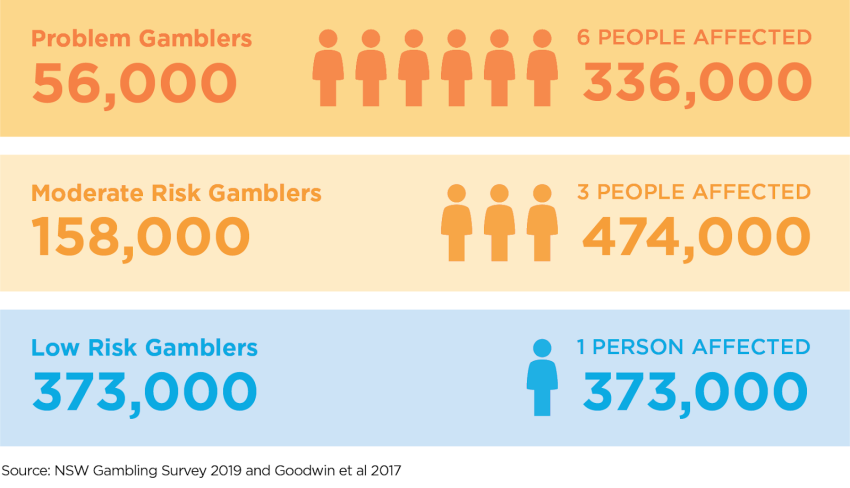Gambling facts reveal a captivating world where fortune and chance intertwine, captivating players from all walks of life. From the development of casino history to the rise of online gambling platforms, the industry showcases its dynamic and ever-changing nature. Did you know that the largest casino in the world, the Venetian Macao, spans over 550,000 square feet? This expansion signifies just how integrated the gambling economy has become in global finance. However, amidst the excitement, it’s vital to consider the darker side, including the prevalence of gambling addiction that affects many individuals worldwide.
As we explore the world of wagering, terms like gaming, betting, and chance come to mind, each encapsulating the thrilling nature of this popular pastime. The evolution from traditional betting houses to technologically advanced online gaming rooms highlights a significant shift within the sector. With every spin of the slot machine or deal of the cards, players engage in a form of entertainment that not only reflects societal trends but also has substantial economic implications. This multifaceted landscape encourages us to look deeper into the statistics and dynamics that define modern gambling, from its historical roots to current digital innovations.
Unveiling Gambling Facts: The History and Growth of Wagering
The evolution of gambling is a captivating tale that spans thousands of years, intertwining with human culture and society. Ancient civilizations, such as the Chinese and Romans, embraced games of chance as a means of entertainment and social interaction. However, it wasn’t until the 20th century that gambling saw revolutionary changes in the United States with Nevada’s legalization of gaming in 1931, thereby igniting a fervor that would lead to the establishment of Las Vegas as a global gaming capital. The allure of casinos and their opulent architecture has since transformed the American gambling landscape, contributing billions to the economy.
Today, we witness a shift towards digital gambling platforms, which cater to a diverse range of preferences, thus democratizing the gambling experience. Online casinos are evolving to not only mimic the traditional gaming experience but also introduce innovative elements such as live dealer games to enhance player engagement. The extensive growth of this sector is a testament to the relentless fascination people have with gambling, highlighting the importance of understanding gambling facts as we dive deeper into this dynamic industry.
The Economics of Gambling: Opportunities and Risks
The gambling industry offers a kaleidoscope of economic opportunities, generating substantial revenue and employment across numerous sectors. For instance, the gambling economy flourishes in renowned destinations like Macau, which alone produced around $45.2 billion in revenue in 2016. This influx of money has become vital not only for the local economy but also for global markets, injecting funds into tourism and various community projects. Further, as states continue to legalize various forms of gambling, the economic potential seems boundless, leading to questions about how best to manage this growth responsibly.
However, alongside these opportunities arise significant concerns, particularly relating to gambling addiction and its societal impacts. Statistics show that a notable percentage of gambling enthusiasts can develop problematic gambling behaviors, jeopardizing their financial stability and overall well-being. Therefore, it is vital for the industry to balance profitability with ethical practices, creating a safe environment for players. Implementing responsible gambling measures and supporting addiction recovery initiatives are essential strides that the gambling sector should prioritize to ensure sustainability and public trust.
Frequently Asked Questions
What are some intriguing gambling facts related to the history of casinos?
The history of casinos is fascinating, with gambling practices dating back thousands of years. In the United States, a significant turning point occurred in 1931 when Nevada legalized gambling, paving the way for Las Vegas to emerge as a premier casino destination with over 140 establishments. Today, Las Vegas attracts millions, showcasing the economic impact of the gambling industry.
How has online gambling changed the gambling economy?
Online gambling has transformed the gambling economy by creating a multi-billion-dollar sector. Since the launch of InterCasino in 1996, the online gambling market has expanded drastically, valued at approximately $66.7 billion in 2021. This digital shift has democratized access to gambling, allowing players to enjoy various games from home while also generating significant revenue and economic opportunities worldwide.
| Category | Details |
|---|---|
| Historical Context | Gambling has been around for thousands of years, with notable moments like Nevada legalizing it in 1931, leading to Las Vegas becoming a major hub. |
| Largest Casino | The Venetian Macao is the world’s largest casino, featuring 550,000 square feet of gaming space. |
| Digital Transformation | The rise of online gambling began with InterCasino in 1996, leading to a market valued at $66.7 billion in 2021. |
| Regulatory Challenges | Addiction and complex regulations pose risks, as seen in Japan where players exploit loopholes. |
| Economic Impact | Macau generated $45.2 billion in 2016, highlighting the economic significance of gambling. |
| Recent Insights | Stories like a small $5 bet leading to a jackpot illustrate the thrill and risks of gambling. |
Summary
Gambling facts reveal a dynamic and complex landscape that continues to evolve. These gambling facts illustrate not just the allure of chance and fortune but also the cultural, economic, and technological trends shaping this vibrant industry. The extensive history and significant financial impact of gambling underscore its role in societies worldwide, while recent developments highlight the necessity of responsible engagement. As we delve deeper into gambling, it’s essential to recognize both its captivating stories of success and the serious implications it can hold for individuals and communities alike.
